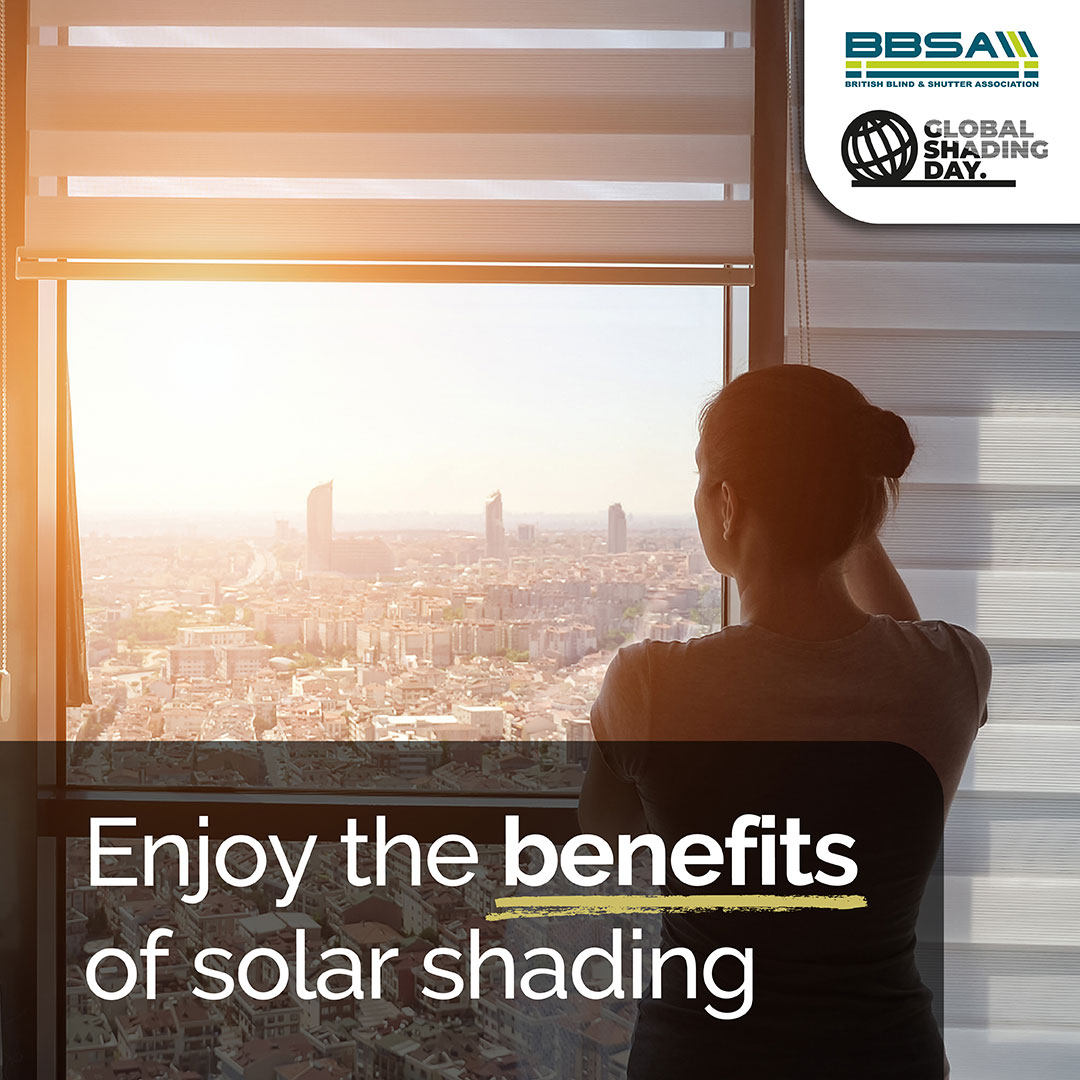Why More Of Us Are Buying Air Conditioning, And Why That Might Be a Mistake
Meta Description:
As AC sales spike across the UK, so do energy bills and emissions. Discover how smart blinds can keep your home cool, naturally, affordably, and without plugging in.
We never used to think about air conditioning in the UK. But now? It’s becoming a staple. Summer heatwaves are no longer rare, and that old “it’s never hot for long” excuse just doesn’t hold water anymore.
So, people do what makes sense: they plug in.
Sales of air conditioning units, portable, fixed, you name it are climbing fast. And if you’ve ever tried to sleep through a 30°C+ night in a sweltering bedroom, you can understand why.
But here’s the problem no one talks about:
Air con comes at a serious cost.
We’re talking about electricity usage that rivals your washer running non-stop. And that’s just for a portable unit. Whole-home systems? Those spike your bills and your carbon footprint even faster.
- UK homes were never designed for heat.
- Most AC units work after the heat’s already inside.
- It’s a reactive fix, not a proactive solution.
And that’s where we come in.
A Cooler Home, Without Touching a Plug
No, blinds aren’t going to refrigerate your house. But can they make it cooler? Dramatically.
When installed properly and when the right fabrics are chosen, window blinds can slash indoor temps by several degrees. And they do it passively. No noise, no plug socket, no ongoing cost.
Here’s how it works:
- Cellular blinds (aka honeycomb blinds) trap air like insulation. Many have reflective white backings, which bounce heat right back where it came from.
- Light-filtering, reflective fabrics stop solar gain at the source.
- Roof lantern blinds — often the missing piece in kitchen extensions — make massive differences in open-plan spaces.
The Data Doesn’t Lie
In a BBSA study of a London apartment block:
- Top-floor flats hit 47.5°C with no blinds.
- Internal blinds dropped that to 32°C.
- External blinds brought it down to 28°C that’s a 41% reduction in heat.
That’s not subtle. That’s the difference between sleeping and sweating.
Real Talk: It’s Not Always About Heat
Sometimes we walk into a customer’s home, and it’s obvious: a glass conservatory that turns into an oven by 11am. Or a single-glazed bedroom freezing in winter. But other times, heat control is a bonus, not the main reason.
Either way, we’ll be honest with you. If blinds won’t help? We’ll tell you.
But when they can especially as an alternative to a full-blown AC install you might be surprised how much they can do, and how much money they’ll save you long-term.
What About the Planet?
Many of our most heat-reflective fabrics are made in the UK using recycled materials including yarns spun from ocean-bound plastic bottles. So if you’re trying to cool your home and do your part environmentally, you’re in the right place.
If You’re Thinking About AC… Talk to Us First
We’re not here to talk you out of air conditioning sometimes, it’s the right move. But it’s rarely the first one you should make.
If you already have air conditioning we can help reduce the amount of time it is on and that reduces your energy bills.
Let’s chat. We’ll give you straight answers, show you the options, and if we can help you feel better in your home without cranking the grid even better.
Our advice is free. The impact? That’s on us both.
FAQs
Q: Do blinds really make a noticeable difference in hot weather?
Absolutely. Especially on sun-facing windows. The right fabric can cool your space significantly — and we’ve got the research to back that up.
Q: Are blackout blinds best for summer heat?
Not always. Some blackout fabrics trap heat. Reflective or light-filtering fabrics can be better at repelling solar gain.
Q: What if I have a roof lantern or skylights?
We’ve got smart, solar-powered, wire-free blinds that are made for those spaces — and they’re game-changers for heat control in open-plan kitchens.

About Phil Coleman
Phil Coleman is the fifth generation of his family to run Barlow Blinds, a Leicester business that has been making blinds since 1887. With over 30 years of hands-on experience, Phil has played a leading role in shaping industry standards including being part of the team that wrote the only NVQ qualification for blind and shutter installers. He also serves on the Management Committee of the British Blind & Shutter Association (BBSA), helping to set best practice across the trade. Under his leadership, Barlow Blinds has remained true to its founding principle: “It’s not our job to find customers for our blinds, it’s our job to find the right blinds for our customers.”


